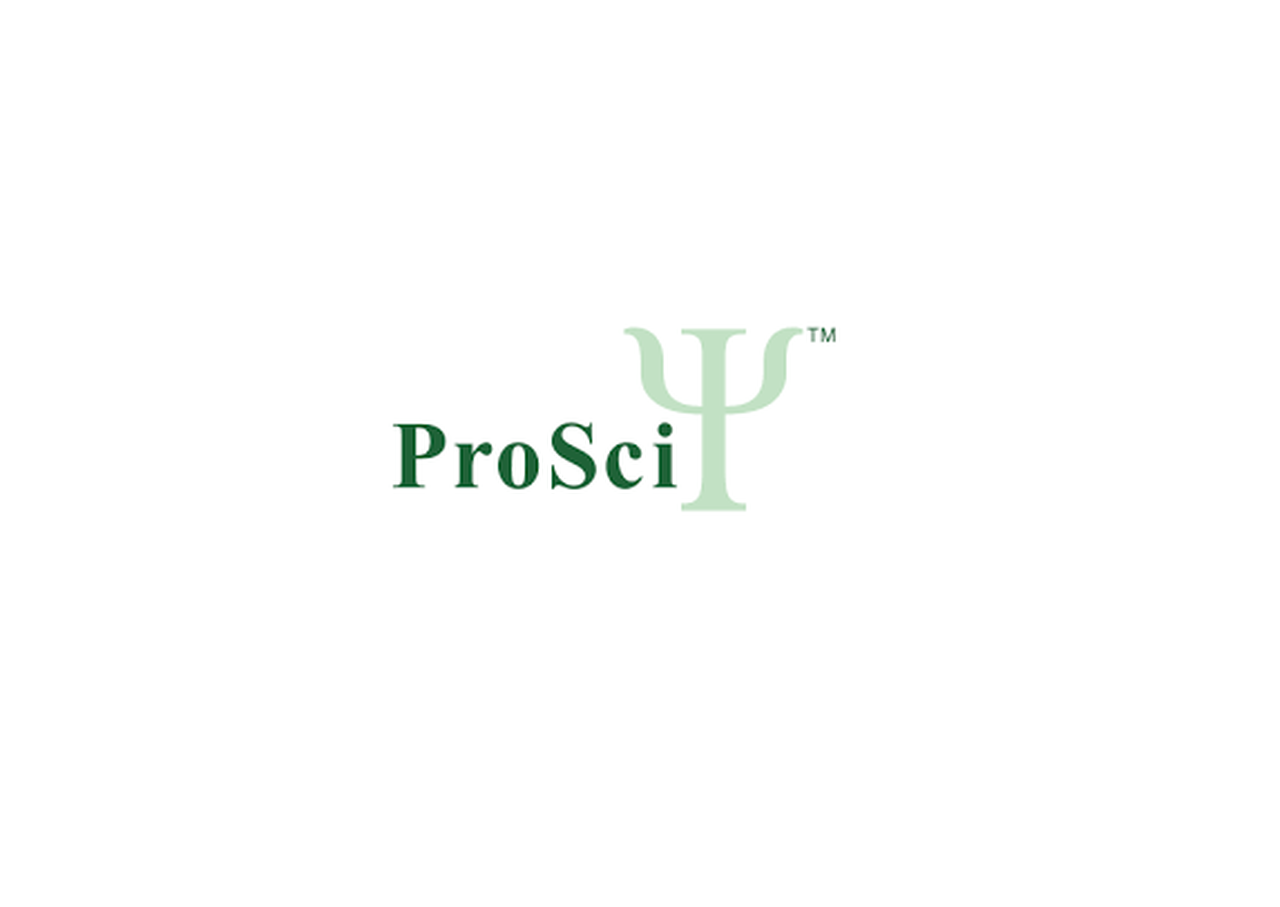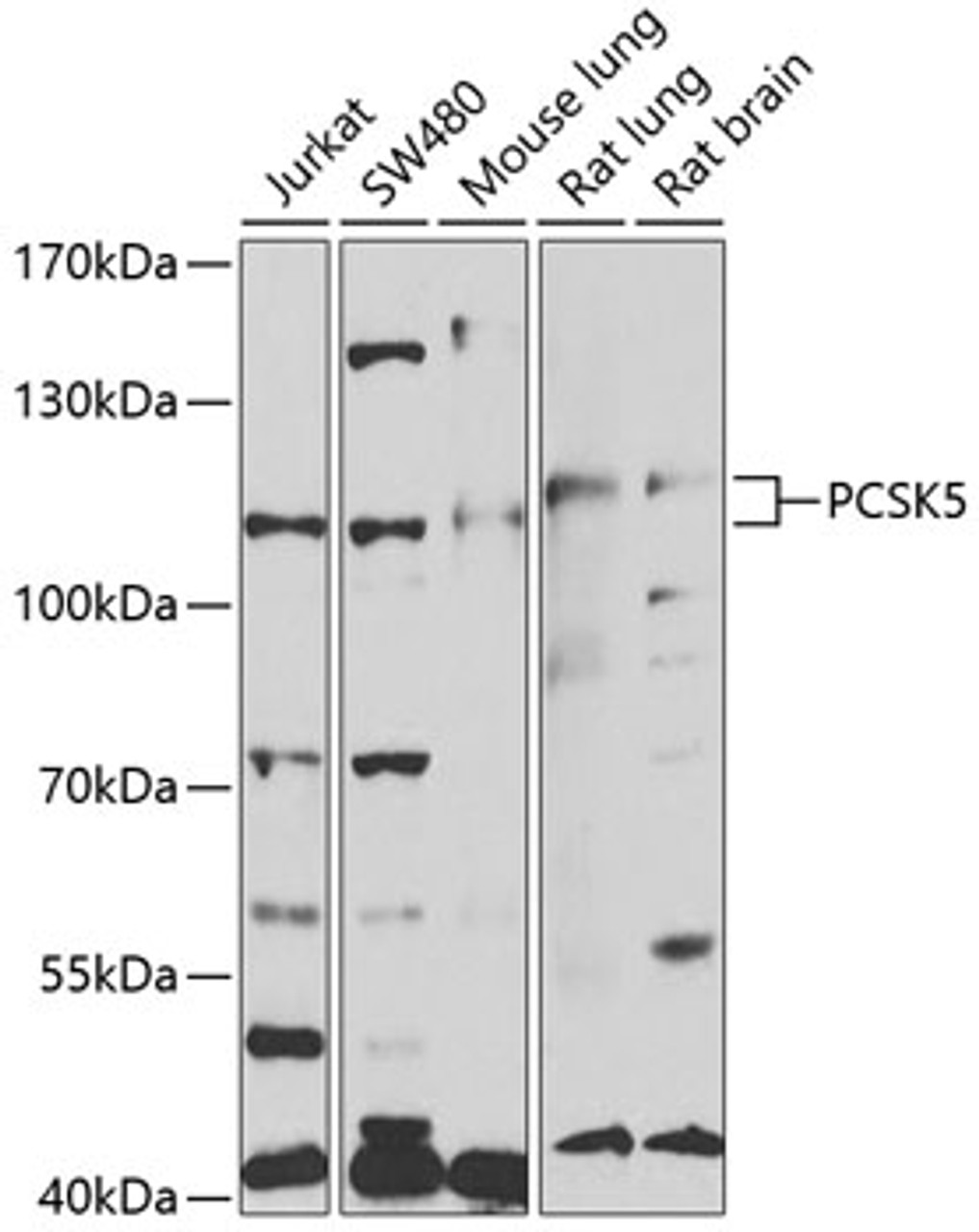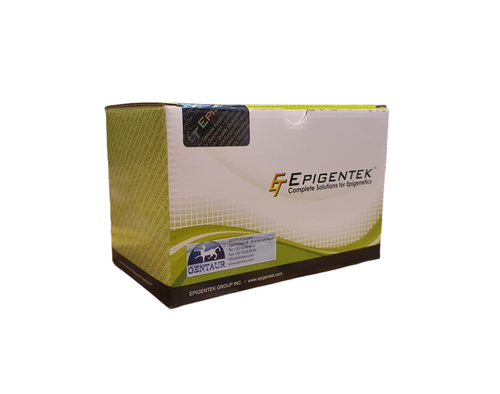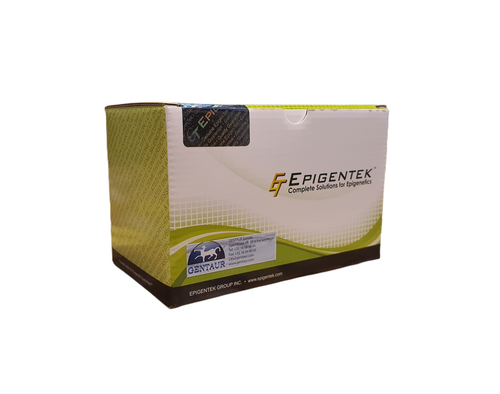Product Description
PCSK5 Antibody | 19-671 | ProSci
Host: Rabbit
Reactivity: Human, Mouse, Rat
Homology: N/A
Immunogen: Recombinant fusion protein containing a sequence corresponding to amino acids 601-913 of human PCSK5 (NP_006191.2) .
Research Area: Cell Cycle
Tested Application: WB
Application: WB: 1:500 - 1:2000
Specificiy: N/A
Positive Control 1: Jurkat
Positive Control 2: SW480
Positive Control 3: Mouse lung
Positive Control 4: Rat lung
Positive Control 5: Rat brain
Positive Control 6: N/A
Molecular Weight: Observed: 102kDa
Validation: N/A
Isoform: N/A
Purification: Affinity purification
Clonality: Polyclonal
Clone: N/A
Isotype: IgG
Conjugate: Unconjugated
Physical State: Liquid
Buffer: PBS with 0.02% sodium azide, 50% glycerol, pH7.3.
Concentration: N/A
Storage Condition: Store at -20˚C. Avoid freeze / thaw cycles.
Alternate Name: PCSK5, subtilisin/kexin-like protease PC5, protease PC6, proprotein convertase PC5, prohormone convertase 5, OTTHUMP00000063532, SPC6, PC6A, PC6, PC5, proprotein convertase subtilisin/kexin type 5, PCSK5
User Note: Optimal dilutions for each application to be determined by the researcher.
BACKGROUND: This gene encodes a member of the subtilisin-like proprotein convertase family, which includes proteases that process protein and peptide precursors trafficking through regulated or constitutive branches of the secretory pathway. The encoded protein undergoes an initial autocatalytic processing event in the ER to generate a heterodimer which exits the ER. It then sorts to the trans-Golgi network where a second autocatalytic event takes place and the catalytic activity is acquired. This encoded protein is widely expressed and one of the seven basic amino acid-specific members which cleave their substrates at single or paired basic residues. It mediates posttranslational endoproteolytic processing for several integrin alpha subunits and is thought to process prorenin, pro-membrane type-1 matrix metalloproteinase and HIV-1 glycoprotein gp160. Alternative splicing results in multiple transcript variants, some of which encode distinct isoforms, including a protease packaged into dense core granules (PC5A) and a type 1 membrane bound protease (PC5B) .
 Euro
Euro
 USD
USD
 British Pound
British Pound
 NULL
NULL














